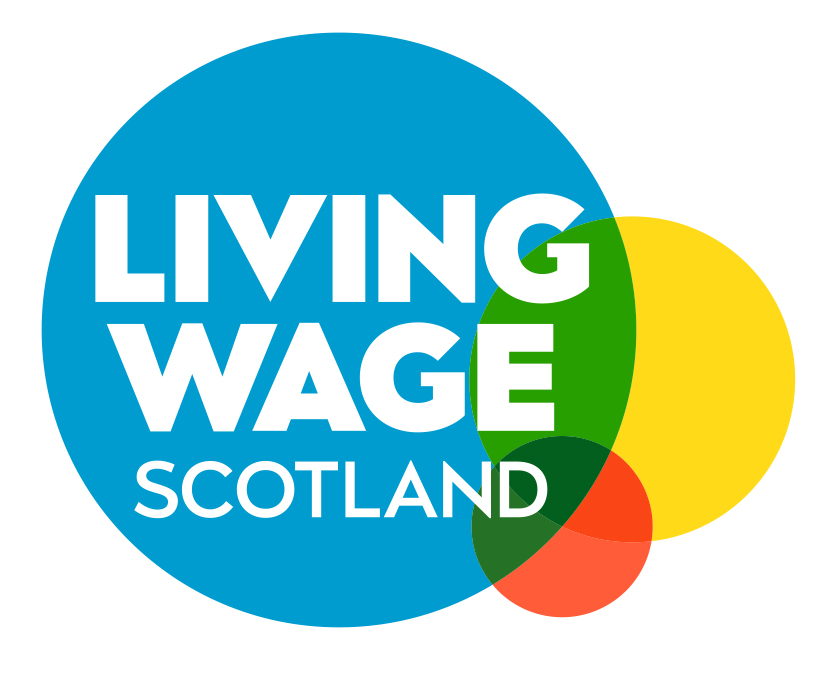On 25th November, the UK Chancellor announced that the National Living Wage will rise from £8.72 to £8.91 from April 2020 – a 2.2% increase – and will be extended to 23-year old’s for the first time. Prior to this, only workers aged 25 and over are legally entitled to the national living wage.
An increase in statutory wage rates is welcome, although it is important to note that statutory wage rates are not calculated according to what employees and their families require to cover their everyday needs. The national living wage is based on a target to reach two-thirds of median earnings by 2024, and national minimum wage rates for younger workers factor in affordability for employers. Until statutory wage rates reflect real living costs, millions of workers in the UK will continue to struggle to keep their heads above water and are at risk of being swept into poverty.
The real Living Wage, set annually by the Living Wage Foundation, is the only UK wage rate that is based on everyday needs. The new real Living Wage rate of £9.50 was announced on 9th November 2020, a 20pence increase on the previous rate. The real Living Wage is paid voluntarily by over 7000 UK employers, and over 1900 accredited Living Wage employers are based in Scotland.
The difference between the real Living Wage and the national living wage in monetary terms is around £1200 per year for a full-time worker. In reality, it is the difference between buying healthy food and struggling to put food on the table. It is the difference between relentless stress worrying if you have enough to pay the bills or having some relief from that pressure. It’s the difference between having to work every available shift to make ends meet and finishing on time to get home to read the kids a bedtime story.
The real Living Wage has made a positive impact, as the most recent labour market data from the office of national statistics shows that Scotland has the highest proportion of workers earning at least the real Living Wage (>85%) compared to other UK nations. One reason for this is that more employers in Scotland are choosing to go beyond the government minimum, benchmarking wages against the real Living Wage. Scotland has the highest share of accredited Living Wage employers, with 27% of all accredited employers in the UK based in Scotland.
Since the onset of the coronavirus pandemic, employers have continued to adopt the real Living Wage by choice and Living Wage Scotland has welcomed over 200 new accredited employers to the Living Wage employer movement since the first lockdown in March. One accredited Living Wage employer Excel Vending recently noted the growth in the Living Wage movement as an ‘encouraging trend’ amongst Scottish employers.
There is still a long way to go, with over 350,000 workers in Scotland earning below the real Living Wage. While the statutory increase in wage rates will result in a welcome pay boost for the lowest earners in the UK, there is evidence that employers are still seeking to go beyond the statutory benchmark, to ensure their workers have enough to cover their everyday needs. Living Wage Scotland seen a spike in enquiries during Living Wage Week 2020, signaling that employers want to increase wages and improve conditions, even if it takes them a little longer to reach their ambitions.
The pandemic has brought challenges for us all, yet there is a growing recognition that the benefits of ensuring workers earn at least the real Living Wage is a necessary and sensible investment. By providing workers with the security of a real Living Wage, this this frees up our key and essential workers to focus on their critical work – the work that has helped keep us safe and keep our society going.
We speak to employers in Scotland every day, from large public sector anchor institutions, to small private businesses in a variety of sectors and industries. Despite the very real challenges facing employers, especially in sectors that have been most affected by covid-restrictions, employers tell us that that their workers are their most important asset, that they want to provide them with the security of a real Living Wage, and that this is part of signaling their value.
This is also reflected in testimony from workers. For example, Caroline Barnes, a support practitioner at Carr Gomm said:
“Being paid the ‘real Living Wage’ shows me that Carr Gomm value my work, are willing to invest in me, even in challenging economic times. It also demonstrates their commitment to workers’ rights and supporting principles of social justice.”
Despite poor practices in some parts of the labour market, generally, we have found that employers in all sectors want to be the best employers they can be. Businesses want to operate from resilient and sustainable models with decent pay as part of their foundation. They want their business to make a positive contribution to our society. The number one thing that employers tell us when their Living Wage accreditation is confirmed is that they are incredibly proud of their Living Wage commitment.
Our engagement with employers in Scotland reinforces what we already know: that we are a compassionate society and we want to protect each other from harm. In the long term, tackling the harms caused by low pay and in work poverty is an important aspect of our recovery, and the real Living Wage is a tangible action employers can choose to take to contribute to this end. It’s a choice that over 1900 Scottish based employers stand behind, to ensure their staff are released from the grip of in-work poverty.
With these values at the heart of our approach, we can work together to ensure more workers earn at least the real Living Wage, and that we can rebuild our society to reflect our shared values.
The increased statutory wage rates signals that low-paid workers are not forgotten, but the minimum is only the starting point. Minimum wage rates are not the limit of our ambition. Living Wage Scotland aim to celebrate the efforts of all employers that choose to go further, to ensure their workers earn enough to live a decent life. If we keep those ambitions in sight while we weather the current storm, then we can drive up standards to create a labour market built on good quality jobs that is stronger in the long term.
For information on the real Living Wage and accreditation in Scotland, contact accreditation@povertyalliance.org
What is the real Living Wage?
The real Living Wage is an hourly rate of pay set independently and updated annually (not the UK government’s National Living Wage). It is calculated according to the basic cost of living in the UK, and employers choose to pay the Living Wage on a voluntary basis. According to the Living Wage Foundation, since 2011 the campaign has impacted over 250,000 employees and delivered over £1.3bn extra to some of the lowest paid workers in the UK. About Living Wage Scotland
Living Wage Scotland was established in April 2014 with the aim of increasing the number of employers in Scotland who are recognised for paying their staff the real Living Wage. Hosted by The Poverty Alliance, Living Wage Scotland works in partnership with the Living Wage Foundation and is funded by the Scottish Government.

